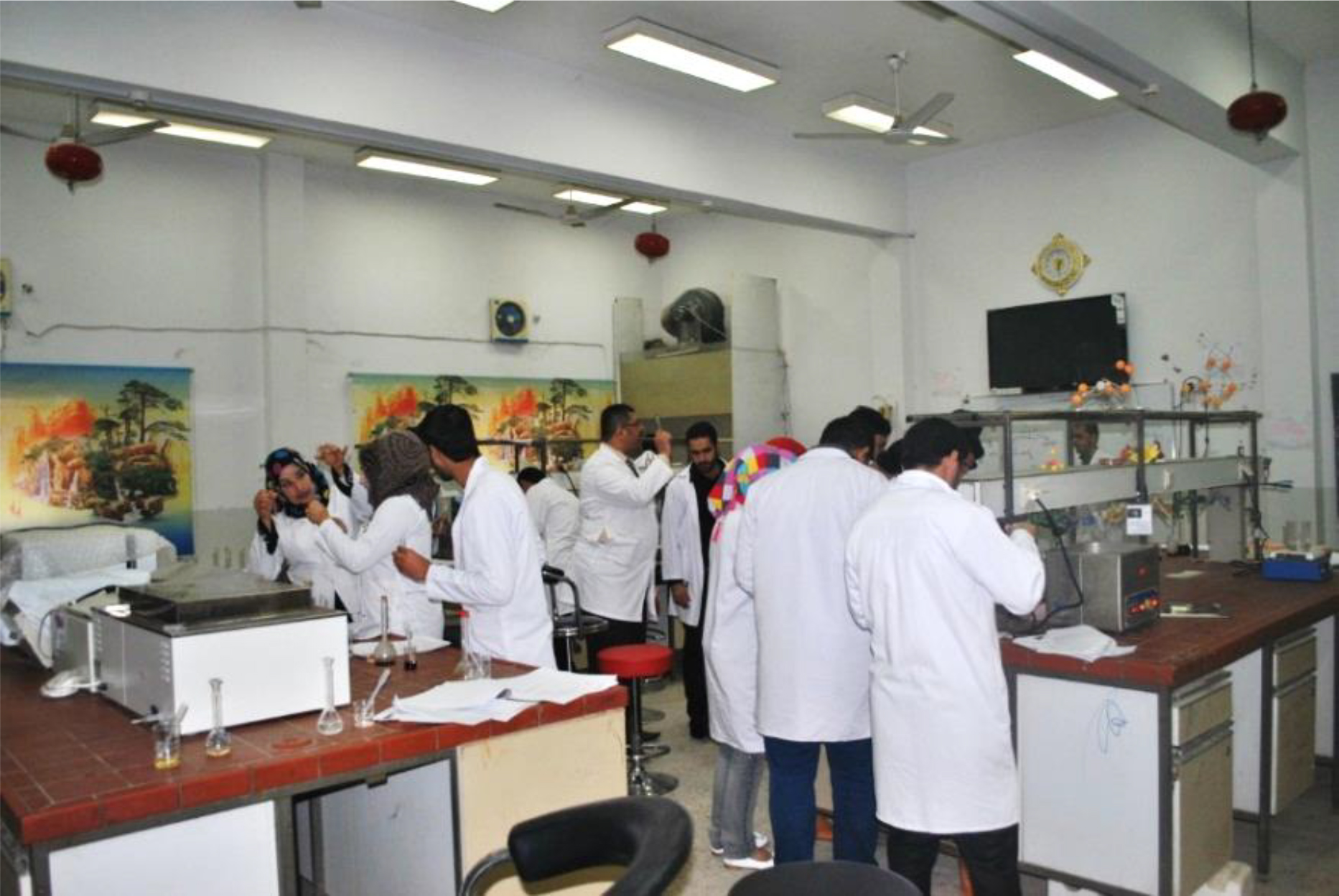About the branch
The Physiology, Pharmaceutical and Biochemistry branch is one of the seven branches, which was established with the beginning of the establishment of the college in 1993, where the branch teaches theoretical and practical general chemistry and medical physics for first-year students, physiology and biochemistry for second-stage students, as well as teaching theoretical and practical drugs and toxicology for students of the second stage. The third also teaches postgraduate subjects in veterinary physiology and medicines and supervises graduate students / masters and doctorates, where the branch grants a master's degree in veterinary sciences with specializations in physiology and medicines and a doctorate in physiology, where the branch worked from 2001-2002 until 2019-2020 on The graduation of many postgraduate students, as the number of graduates reached (109) students, (66) master's in physiology, (12) master's in veterinary drugs and toxins, (1) biological chemistry, and (36) doctorate in physiology.
In addition, the faculty in the branch assists graduate students and faculty researchers in extracting the active substances by means of reflexology and Soxhlet, as well as measuring the biochemical parameters by means of a spectrophotometer and measuring hormones in the ELISA device belonging to the branch. The branch conducts seminars and courses related to the dangers of chemicals, as well as how to extract and isolate the active substances from plants. The members of the branch from the assistant researchers participate in the supervision and management of the central research units belonging to the college.
The branch has contributed to the achievement of dozens of patents that effectively contribute to the development of some pharmaceutical and chemical compounds that contribute to the discovery of effective compounds that destroy public health.
Branch objectives
1- Teaching and teaching students physiology, veterinary medicines and biochemical analyzes.
2- Graduating qualified veterinarians capable of diagnosing diseases from the laboratory side and identifying the most important diagnostic tests.
3- Keeping abreast of scientific developments in the field of basic veterinary medical sciences.
4- Communicating with the community by participating in the follow-up of common diseases and taking the necessary veterinary measures.
5- Preparing postgraduate degree holders in basic medical sciences
6- Communicate with modern medical achievements through holding and participating in relevant conferences.

